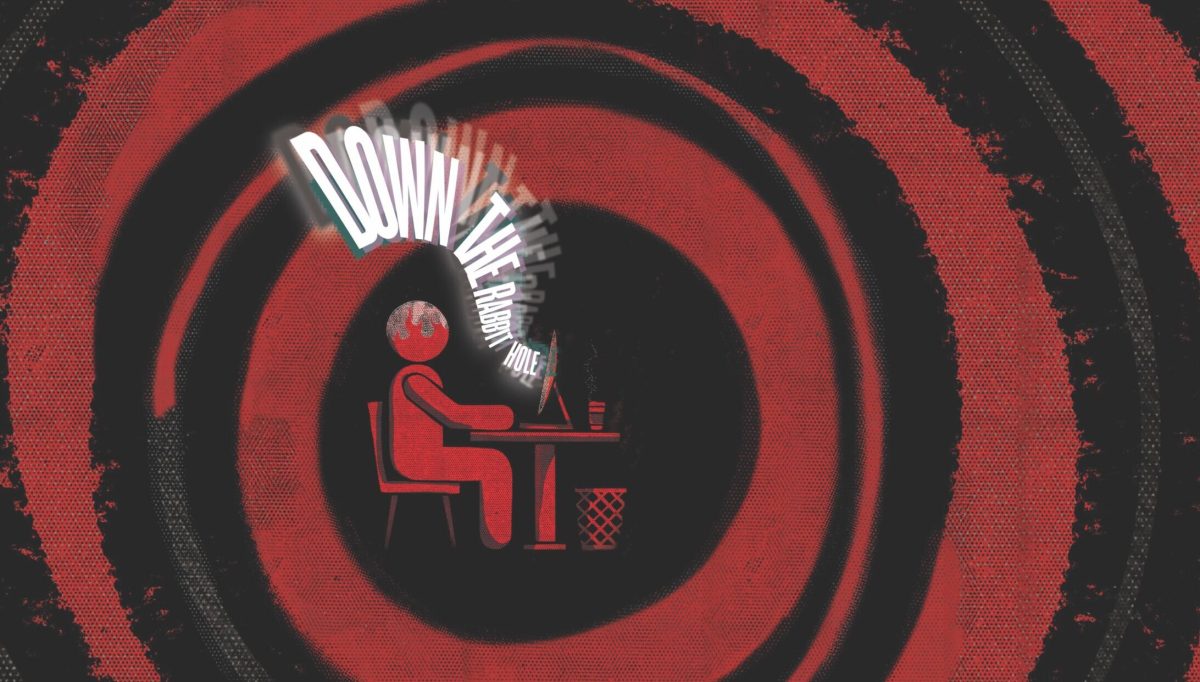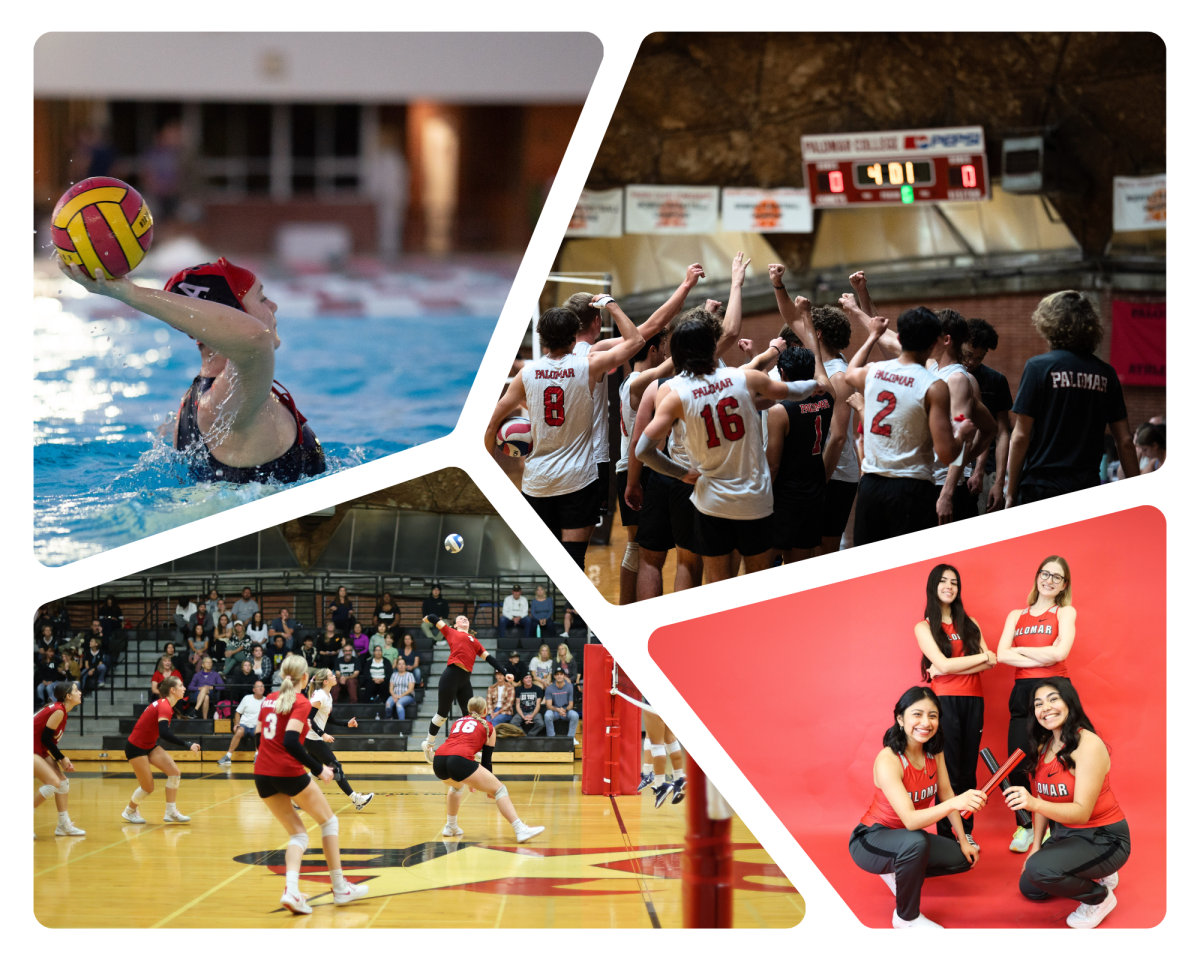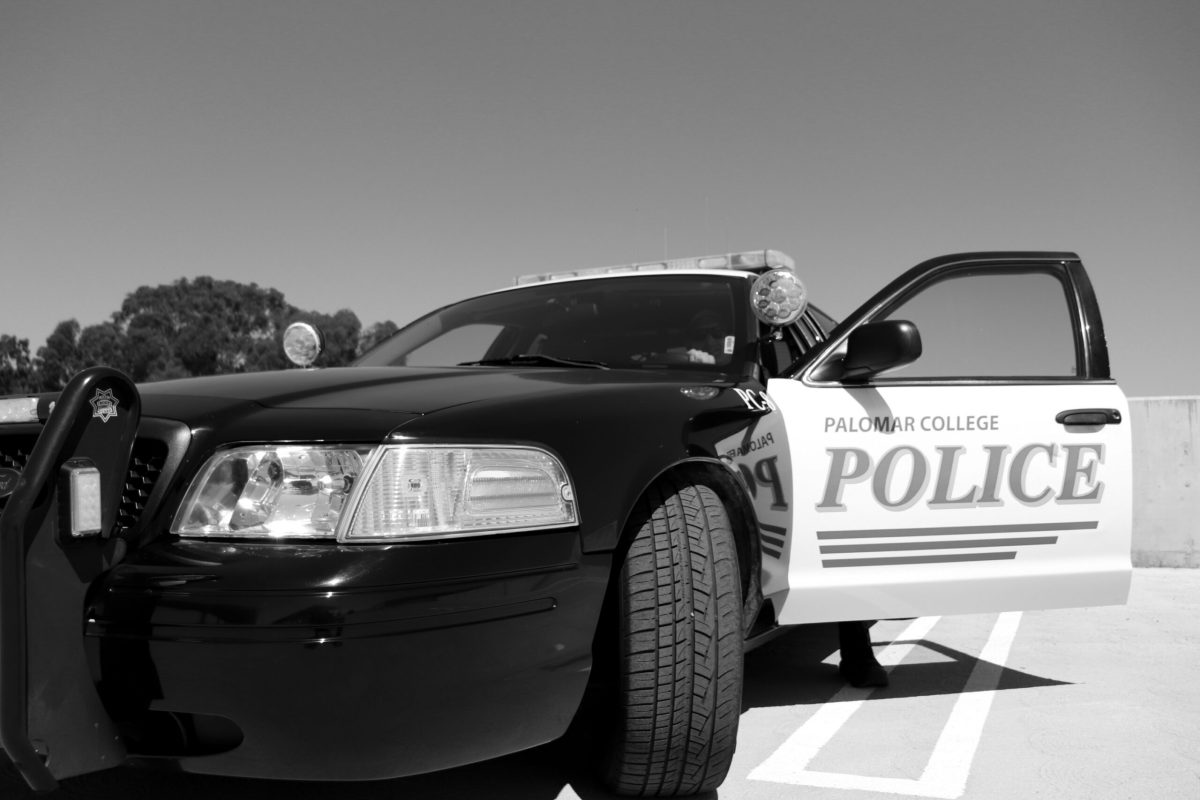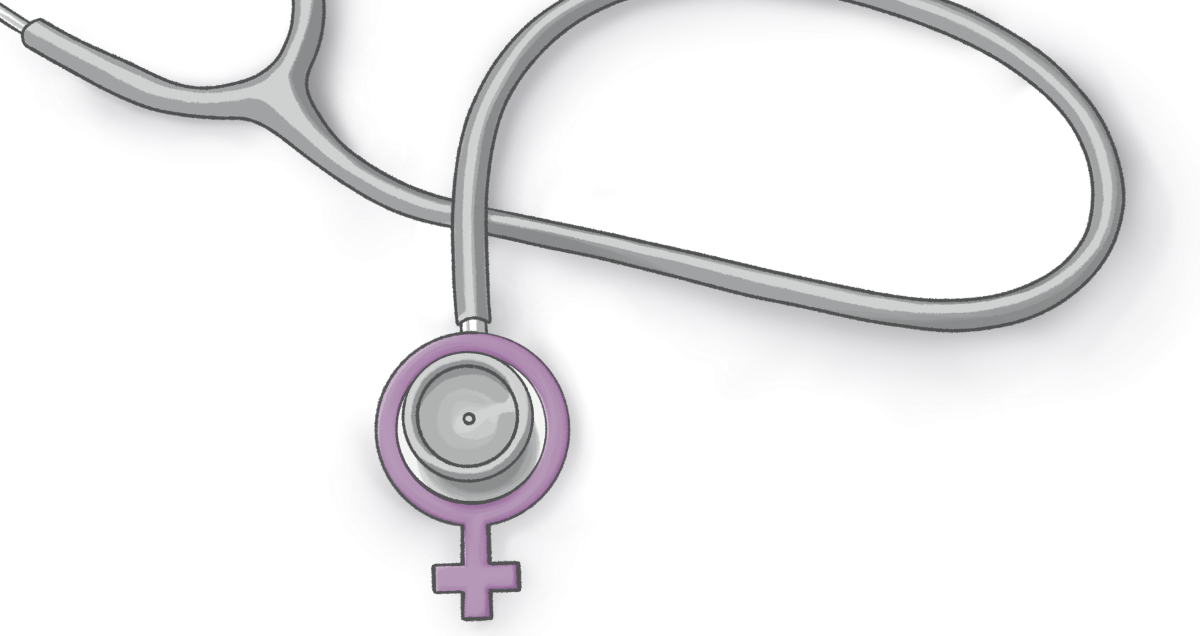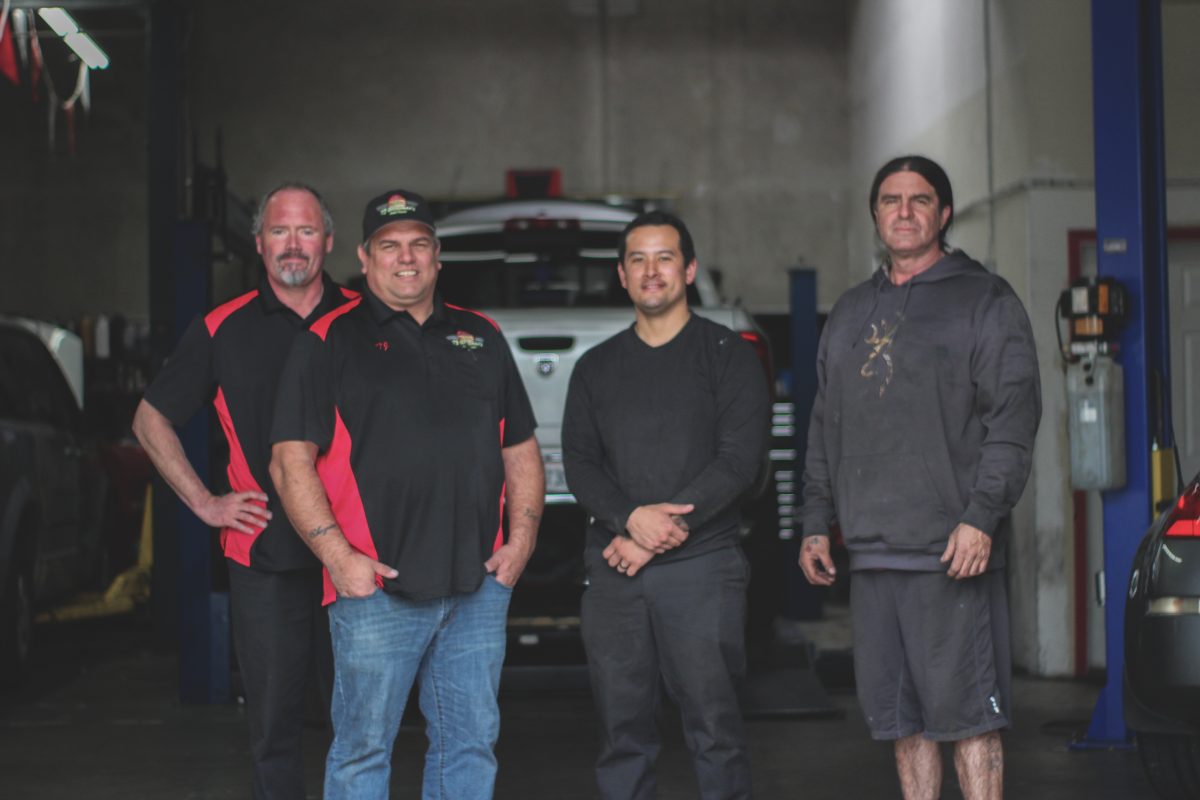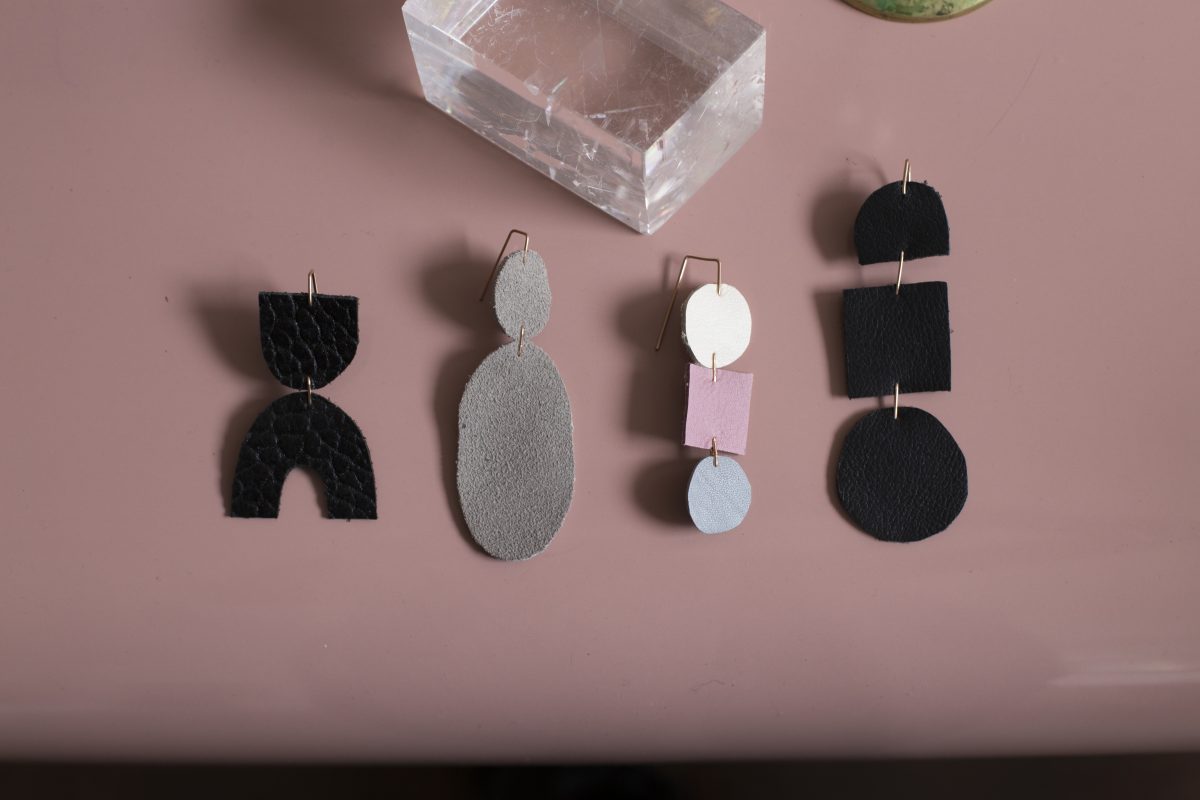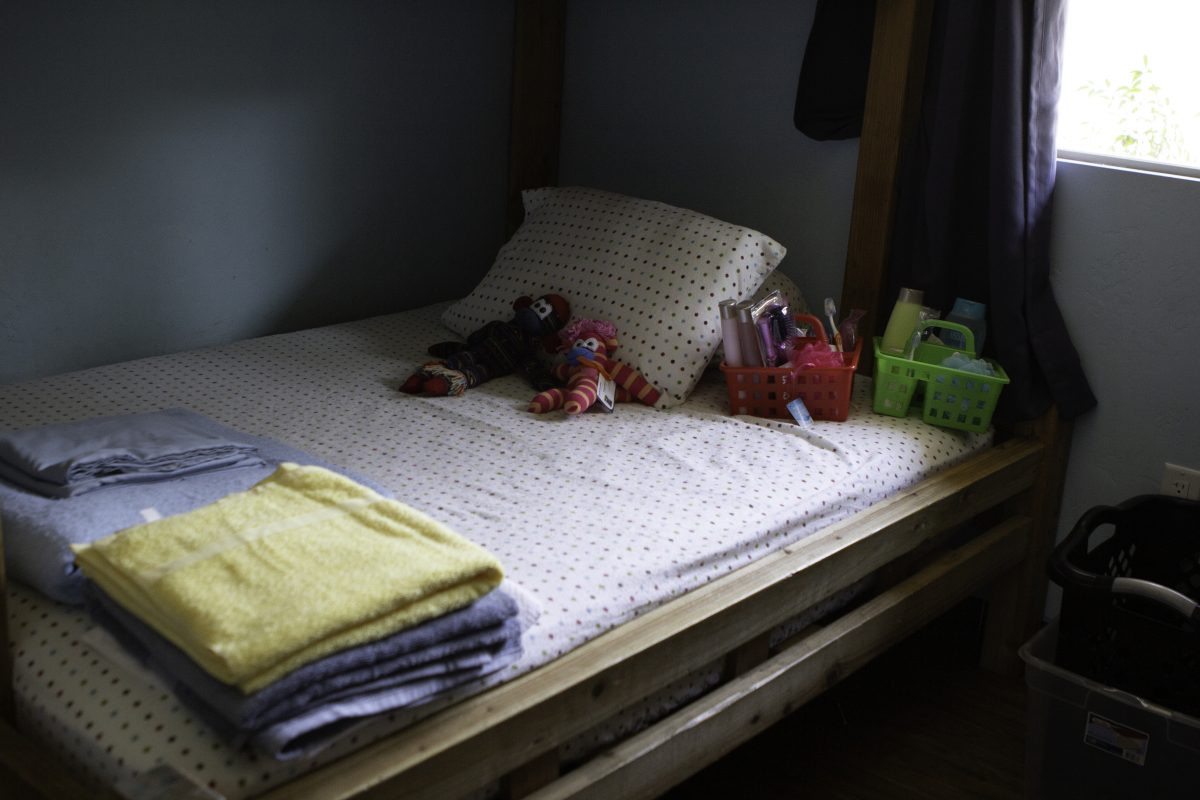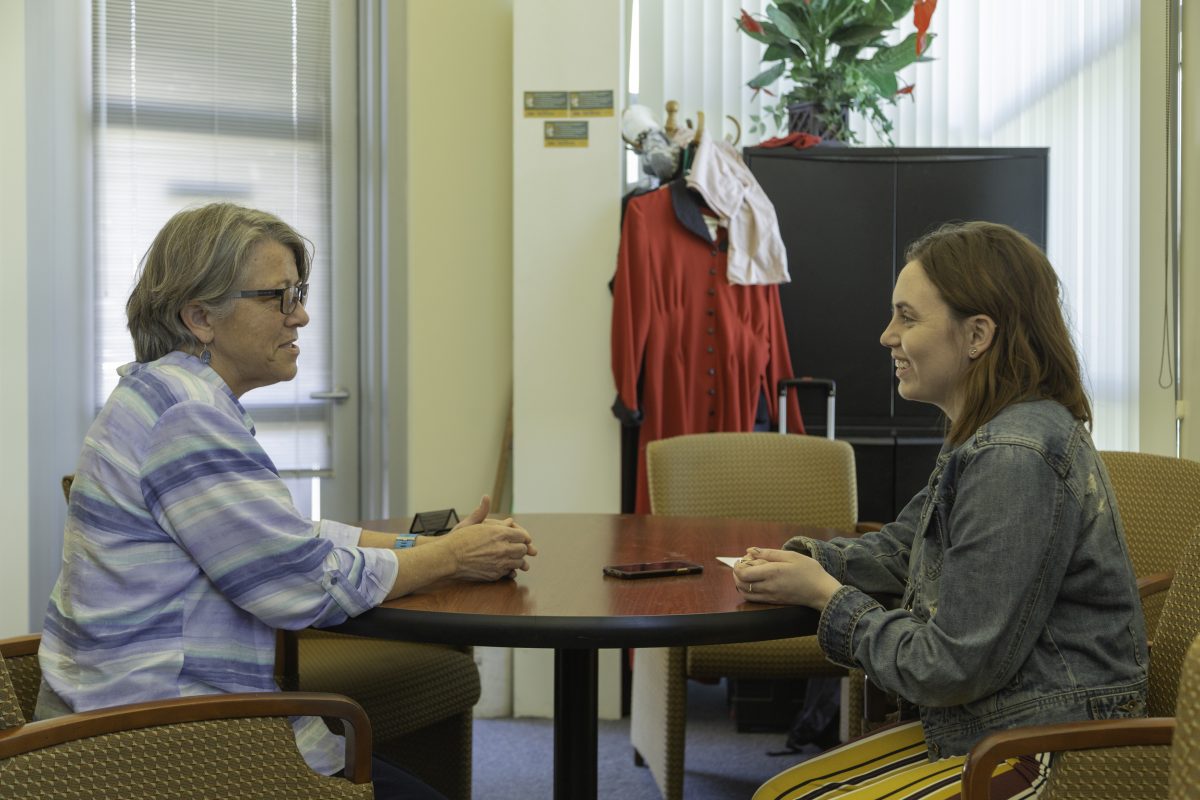The cost of a college education in the United States rose 260 percent between 1980 and 2014. Add to that the pressures of coursework, internships, and a job or two, and the path to a graduation stage can appear to be wrapping around Mount Everest.
For the thousands diagnosed with childhood cancer each year, the ability to stand at the foot of the mountain and pursue their goals through higher education can be an elusive goal.
Based out of Temecula, Calif., Cancer for College is a nonprofit devoted to pairing students who have or are currently battling cancer with scholarships.
In a little over 25 years, they’ve given over $3 million in scholarships – granting 1,400 young people who have been through the unimaginable an opportunity to grab their second chance at life by the horns. Often, the adversity of these students has cultivated huge dreams for making the world better for others.
One of these dreamers is chemical engineering major Diana Turcios, who is taking on her coursework at the University of Utah with the kind of optimism you rarely find in a person – particularly not one who’s lived through stage 3 cancer.
“I got to enjoy this semester and last semester working only one day a week,” Turcios says of the scholarship she received, “ I used to have to work full time in order to afford school.”
The extra time has allowed the first-generation American to pursue a variety of noble aspirations. Passionate about sustainable energy, Turcios plans on working with biodegradables and pollution.
“I have my one life back,” she explained.
Her story shares much in common with Cancer for College’s founder and Hodkin’s Lymphoma-survivor Craig Pollard.
Pollard and Turcios were both diagnosed with cancer early into high school, and both continued to play their beloved sports – baseball and tumbling, respectively – while going through rounds of chemotherapy.
“The funny thing was,” Pollard once said about his first meeting with an oncologist, “the only thing I asked him was: ‘was I going to be able to play baseball that year?’”
He took that fighter’s mentality from the field to business school at USC. While at college, he beat the disease for a second time. He then created the business plan for Cancer for College as his senior project: an idea which garnered immense support from the business program as well as his fraternity brothers in Delta Tau Delta.
One of whom was sports broadcasting major, Will Ferrell. The future star of “Stepbrothers” has been supporting of Pollard’s charity since its conception in 1994, when both of them were still out of the spotlight.
As Ferrell’s career has taken off, so have his donations. He’s also hosted comedy shows to raise funds for Cancer for College – most recently, an event titled “Best Night of Your Life!” in 2018. The LA show featured huge names in comedy; everyone from Jerry Seinfeld to James Corden and Samantha Bee showed up to help Ferrell and his friend from college.
In a break from his comedic antics, Ferrell once called Cancer for College, “one of the purist organizations I’ve ever seen.” Evidence of his care for the nonprofit can be found in his presence at board meetings, the time he spends with scholarship winners off-camera, and the autographed cowbells sold on the website as a fundraiser.
In a viral 2018 video titled simply “Cancer for College”, a few powerful moments revealed how much Ferrell has been moved by the foundation. The video, an emotional nine minutes, was produced by San Diego State University alumnus and Cancer for College recipient Ashley Eakin. In it, Ferrell, Pollard, and a circle of scholarship recipients share stories of empowerment made possible through the foundation.
“I started focusing on doing all the things that scared me before,” says Christine Pechera, 2009 recipient who went on to become a screenwriter.
Medical bills can add an immense amount of stress and anxiety. When asked how they feel about them, the same grimace materializes on every face in the room.
Local scholarship recipient Evan Bal can attested to this feeling, stating,“When I think of medical bills I get overwhelmed,” he says, “…it is a very stressful thing to have to figure out if insurance covers meds or hospital stays and everything else that comes up unexpected during treatment.”
During his freshman year at California State University, San Marcos, Bal was diagnosed with osteosarcoma in his femur – a devastating blow to any college student, but particularly to one who was recruited to play soccer.
School had to be put on hold for multiple rounds of chemotherapy and a surgery to salvage his leg. “This is where they remove the knee, half of the femur and top of the tibia and replace it all with a prosthetic that they screw into the rest of my femur,” Bal explains.
Bal returned to school cancer free for two years. In May 2018, it came back – this time as metastatic cancer around his lungs and heart. He is still in treatment today, having to endure many more months of chemotherapy, several infection scares due to his compromised immune system, and a number of surgeries to remove tumors near his heart, esophagus, and lungs.
The self-nomered “cancer thriver” received a year’s scholarship from Cancer for College: an unexpected help Bal says has made returning to school much easier.
Though his intensive treatments have derailed his plans to play college soccer and graduate in four years, that hasn’t muffled his clear sense of optimism and drive. Bal is quick to mention the “wonderful support system” he has behind him to help him through it all.
He hasn’t given up on that degree, and while he continues to work towards eventually earning it, he’s also working with Cancer for College’s mentoring program.
A big thing other college students can learn from him, Bal says?
“There is no rush. Everyone has their own set of adversity they must overcome. If you stick to your goal, whatever that is, you will eventually get there. Everyone gets there in his or her own way.”
There’s a different reason each student walks into the counseling office. There’s a different mountain each person climbs to try to get from where they are to where they want to be. To quote Disraeli, “there is no education like adversity.”
Cancer for College shows that adversity is not a reason to stop learning. It’s why we refuse to quit.









